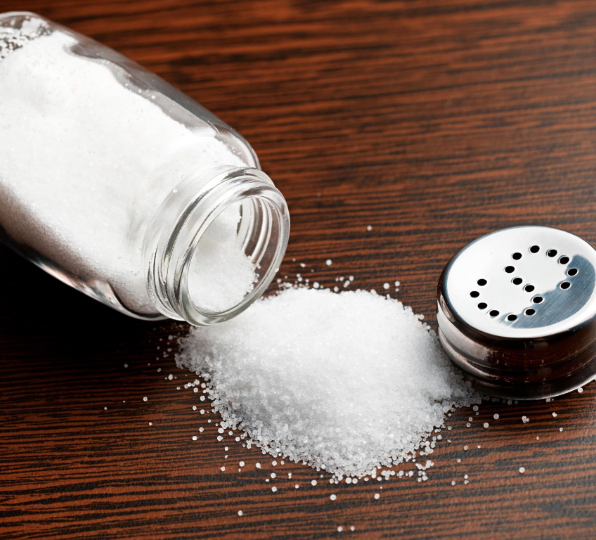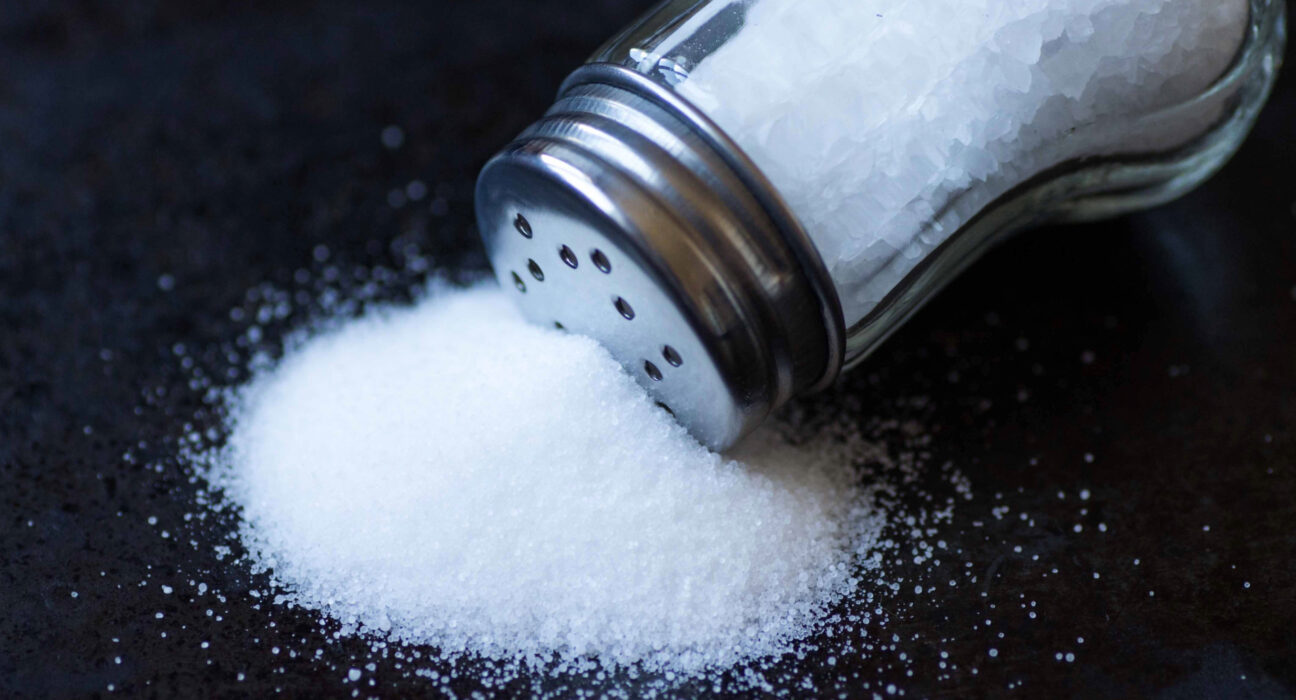Introduction:
Salt, or sodium chloride, is an essential mineral that our bodies need to function properly. However, consuming too much salt can lead to various health issues, particularly concerning heart health. Understanding the right amount of salt to consume is crucial for maintaining a healthy heart and preventing conditions like hypertension and cardiovascular disease. Here’s what you need to know about salt consumption and heart health.
1.Recommended Daily Intake
Health experts recommend that adults should aim for a maximum of 2,300 milligrams (mg) of sodium per day, which is roughly equivalent to one teaspoon of salt. Ideally, most adults should target an intake of around 1,500 mg per day to promote optimal heart health, especially those with high blood pressure or at risk of heart disease.
2. Why Too Much Salt is Harmful
Excessive salt intake can lead to high blood pressure (hypertension), a major risk factor for heart disease and stroke. When you consume too much salt, your body retains extra water to dilute the sodium in your bloodstream. This increases the volume of blood, putting additional pressure on your blood vessels and heart.
3.Sources of Excess Sodium
Most of the sodium in our diets comes from processed and packaged foods rather than the salt shaker. Common high-sodium foods include:
- Processed meats (e.g., bacon, ham, sausages)
- Canned soups and vegetables
- Snack foods (e.g., chips, pretzels)
- Restaurant and fast food
- Condiments and sauces (e.g., soy sauce, ketchup)
4. Reading Nutrition Labels
To manage your sodium intake effectively, it’s essential to read nutrition labels. Look for the sodium content per serving and be mindful of portion sizes. Foods labeled “low sodium” contain 140 mg or less per serving, while “reduced sodium” products have at least 25% less sodium than the regular version.
5. Healthy Heart Benefits of Reducing Salt
Reducing your salt intake can have several positive effects on your heart health, including:
- Lower Blood Pressure: Reducing sodium can help lower your blood pressure, decreasing the strain on your heart and blood vessels.
- Reduced Risk of Heart Disease: Lowering sodium intake can reduce the risk of developing heart disease, heart attacks, and strokes.
- Improved Heart Function: A lower salt diet can improve the function of your heart and cardiovascular system overall.
6. Tips for Reducing Salt Intake
Here are some practical tips to help you reduce your salt intake:
- Cook at Home: Preparing meals at home allows you to control the amount of salt added to your food.
- Use Herbs and Spices: Enhance the flavor of your dishes with herbs, spices, and lemon juice instead of relying on salt.
- Choose Fresh Foods: Fresh fruits, vegetables, and lean proteins are naturally low in sodium.
- Limit Processed Foods: Reduce your consumption of processed and packaged foods, which are often high in sodium.
- Rinse Canned Foods: If you use canned vegetables or beans, rinse them under water to remove some of the added sodium.
7. Monitoring and Adjusting Your Diet
Regularly monitoring your blood pressure can help you understand how your sodium intake affects your heart health. If you have high blood pressure or are at risk for heart disease, work with your healthcare provider to create a diet plan that meets your needs.
8. Balancing Sodium with Potassium
Potassium can help mitigate some of the adverse effects of sodium. Foods high in potassium, such as bananas, oranges, spinach, and sweet potatoes, can help lower blood pressure by balancing out the effects of sodium. Aim to include more potassium-rich foods in your diet for a heart-healthy balance.


Conclusion:
Managing your salt intake is a critical component of maintaining a healthy heart. By staying within the recommended daily limits and making mindful food choices, you can significantly reduce your risk of hypertension and cardiovascular disease. Focus on fresh, whole foods, and use herbs and spices to add flavor without adding sodium. Small changes in your diet can lead to substantial improvements in your heart health, helping you live a longer, healthier life.












